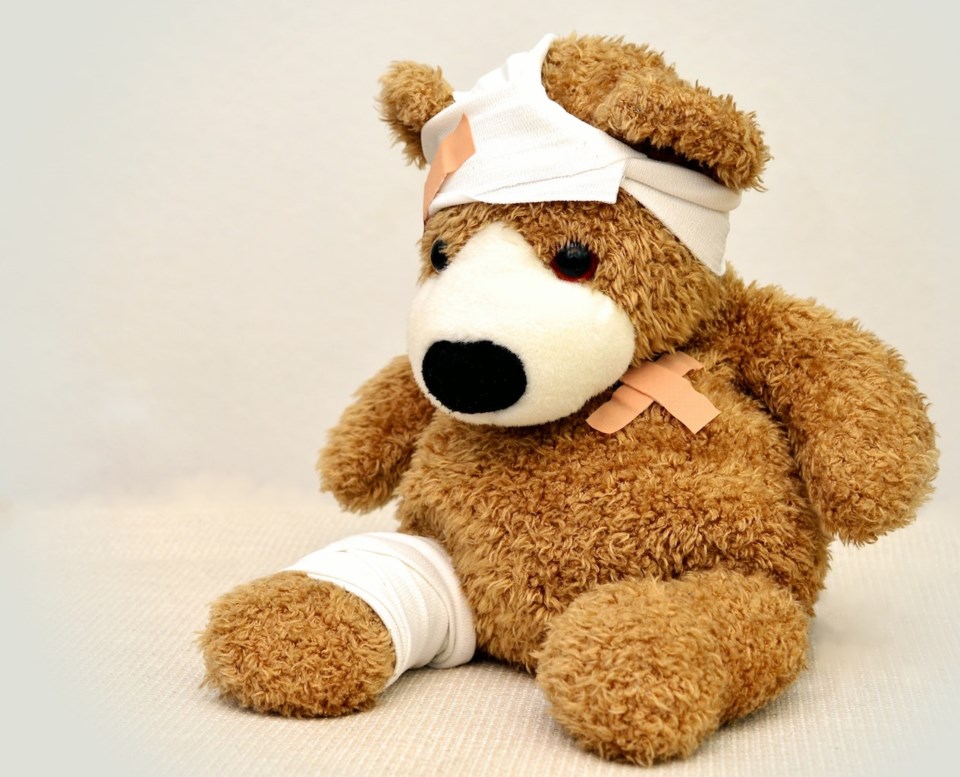New Year’s resolutions! What often seems like a great idea on December 31 is routinely forgotten by the first of February. There is, however, one resolution you can make that will last throughout the coming year: preparing your household for any unforeseen emergency situation.
Over the years, Bowen Island has experienced power outages that have lasted as long as a week or more. In the event of a serious earthquake or long-term power outage, would you be able to stay in your home?
Creating a home emergency kit need not be difficult. Start with the basics and enhance it over time. Here is a rudimentary list of supplies that could help you “shelter in place.”
Food: If you do not have an alternative cooking source, it should be non-perishable, i.e., freeze dried, canned or ready to eat. For those who do not have nut allergies, peanut butter is an excellent source of protein. Water: If you have a well, your electric well pump may not work. You should have at least four litres of drinkable water per person, per day. Try to use non-plastic containers for drinking water. Water for personal hygiene and toilet flushing can be stored in bathtubs or large plastic containers. Alternative sources of drinkable water are your pressure tank or hot water tank. AM/FM radio: battery, hand crank or solar powered. Remember, you can use the radio in your vehicle if you don’t have an inside radio. Flashlights and batteries: at least one per person in the household. Candles or oil lamps. Matches or lighters. Seasonal clothing: wool, fleece, toque, rain gear, waterproof boots or shoes. Blankets or sleeping bags for everyone. Cell phone charger. Personal hygiene supplies. First-Aid kit. Whistle or air horn. Medications. Garbage bags and moist towelettes. Pet supplies: food, cat litter, treats, medications, etc.
For severe weather events make sure you have enough of these supplies to last one week.
In the event of an earthquake you should have enough for at least two weeks.



